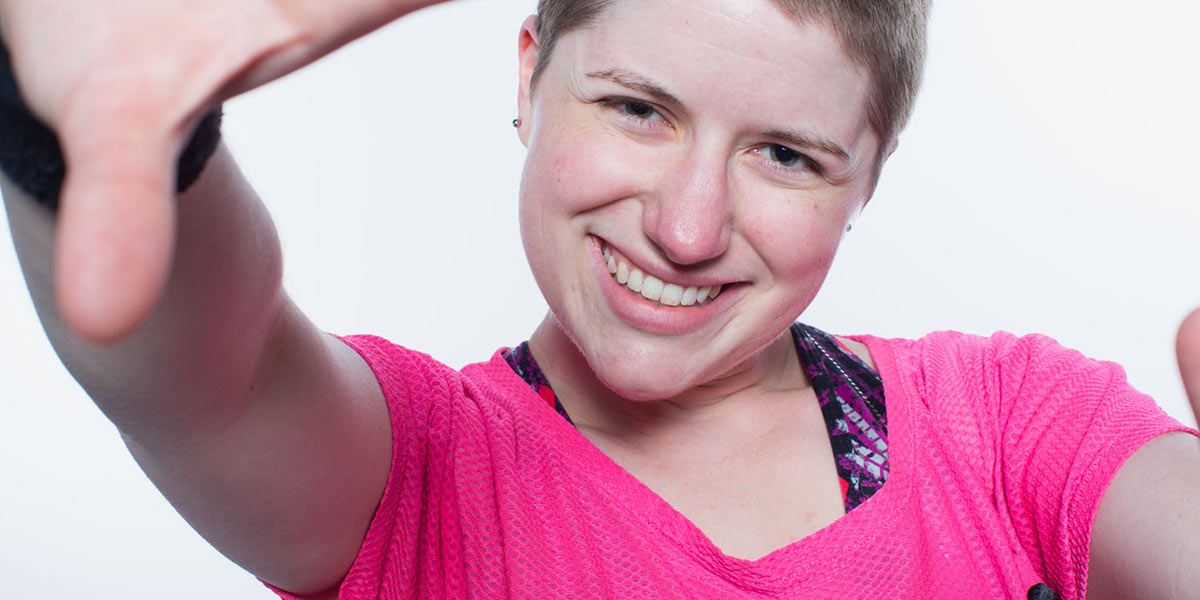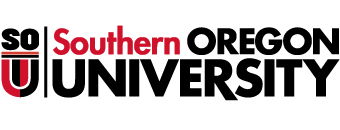- be_ixf; php_sdk; php_sdk_1.4.18
- 201 ms
- iy_2024; im_04; id_23; ih_17; imh_13; i_epoch:1.71391760933E+12
- ixf-compiler; ixf-compiler_1.0.0.0
- py_2024; pm_04; pd_08; ph_21; pmh_53; p_epoch:1.71263840943E+12
- link-block; link-block_link-block; bodystr
- pn_tstr:Mon Apr 08 21:53:29 PST 2024; pn_epoch:1.71263840943E+12
- 0 ms
- be_ixf; php_sdk; php_sdk_1.4.18
- https://sou.edu/academics/melody-condon-12-content-strategist/
- https://sou.edu/academics/melody-condon-12-content-strategist/

What Can You Do with an English Major?
Melody Condon ’12, Content Strategist
May 27, 2022
By Sophia Lorusso (she/her), Junior English Major.
Pictured above: Melody Condon ’12.
Melody Condon graduated from SOU in 2012 with her BA in English with a Professional Writing focus. After graduation, Melody worked at Harry & David as a proofreader, and a few years later she landed a position with AHA. Her content manager position evolved into content strategist, and she has been with AHA ever since. Melody’s diverse skill sets have allowed her to expand her job opportunities.
Sophia Lorusso: What does your day-to-day workload look like?
Melody Condon: After about three years reviewing catalogs as a proofreader at Harry & David, I got a job in a newly created role – content manager – at a small marketing agency in Vancouver, Washington, called AHA. I evolved the content manager role dramatically over time until I became a core team member across many client accounts and large projects, from website redesigns to corporate sustainability reports. After six years in this position, I was promoted to another role that hadn’t yet existed there: content strategist.
My day-to-day work as a content strategist is remarkably varied. Sometimes I design the information architecture for a website. Sometimes I conduct interviews with employees of a client company, gaining insight for an upcoming employee engagement program. Sometimes I determine the cadence and touchpoints of a communication campaign. No two days are the same!
SL: In college, did you focus solely on your English degree? Or did you take other courses like graphic design, computer science, etc.?
MC: I was accepted into the Accelerated Baccalaureate Program, which meant that I didn’t need to take certain introductory classes but was nevertheless crunched to fit all the courses I wanted to take into only three years. I did manage to take some courses that piqued my interest despite not fitting neatly into the major: video production, web development, microbiology.
Web development has been especially useful to me in that it gave me the vocabulary I need in my day job to coordinate with developers working on emails and troubleshooting complex web projects, and it has also made me feel very comfortable working on websites for several hobbies and side businesses (the current one is Kandelumo, my little homemade-candle company).

Pictured Above: Melody Condon.
SL: Are there any specific SOU English classes that have especially helped in your career?
MC: In my role, variety is what has been the most beneficial. I’m able to stretch into more opportunities because, well, I know some stuff about a lot of things.
The specific SOU English class that stands out the most as being directly useful was Advanced Grammar, which has been a boon for all my roles involving proofreading in any capacity. The descriptivist approach I learned throughout college makes me a lot more laid-back in the cases when we need to adhere to some weird client decisions. Also, I liked grammar diagramming so much that I do it for fun sometimes…
SL: During your college career, did you participate in any extracurricular activities which helped you land your current position?
MC: I dabbled in a lot of things; I’ve always been a chronic dabbler. I pick up projects and clubs and hobbies and side hustles like they’re cat hair and I’m a black dress.
For a couple years I was part of a crew keeping a student zine called Cognito afloat. It was an early experiment in marketing, editing, and web work. I also worked a few hours a week laying out ESL class materials for a local teacher using InDesign, a skill I picked up working on the newspaper in high school.
The most useful extracurricular effort I undertook as an undergraduate was doing internships. I did three different internships for course credit: creating a style guide for the SOU Foundation and another for a local company called Plexis, along with proofreading manuscripts for the local publisher Ashland Creek Press. I worked with Ashland Creek Press for several years, eventually in a freelance capacity. I also did paid summer internships in the technical writing department of Ricoh (in a division that used to be part of IBM) at home in Colorado.
Over time, through these internships, I grew more comfortable in professional work scenarios, from the semi-casual to the highly corporate. I racked up resume-worthy work experience and useful connections before even graduating.
“I never imagined pursuing any major other than English & Writing, and I have no doubt that SOU was an excellent place to go for it.
– Melody Condon
SL: Is your English degree in action? Explain.
MC: I never imagined pursuing any major other than English & Writing, and I have no doubt that SOU was an excellent place to go for it. I learned flexibility that makes me a better coworker, and I learned to break down sentences and even words into their individual components in a way that makes me a better editor. I was encouraged to explore beyond the major and the course catalog and so I today expand without fear into opportunities across my company. So, in short … yes.
SL: What is your favorite/most rewarding part about your position with AHA?
MC: When I moved from an in-house creative department (at Harry & David) to an agency environment (at AHA), I found myself truly thriving in the variety of work available. I’ve learned about printers, retirement plans, modular data centers, and sustainability rankings. I’ve done emails, websites, reports, brochures, slide decks, posters, games, stickers and videos. I never get bored.
SL: What advice would you give English majors that want to get into your career?
MC: If someone wants to be a content strategist, I think they should just start learning about it. Blogs, books, webinars. But you can’t do it well if you aren’t also excellent at listening to other people and imagining others’ lives complexly—you can spout strategy jargon endlessly, but if you don’t know how to find out what messaging, in what form, and when will actually connect with real people, you’re operating in a vacuum.
That said, for anyone in college wondering what to do afterward, my best advice would be to keep trying things and to keep learning things. Sometimes you can create your own opportunities, and that for me has been far more rewarding than constraining myself to artificial boundaries.
Melody Condon has used her English major everyday. She expanded her career options by knowing a little of everything, and you can do the same through SOU.
SOU offers an array of classes and micro-credentials that can expand your opportunities just like Melody. If you are interested in the advanced grammar course that has helped Melody in her career, it is ENG 395 Principles of English Grammar.
Blogging for the English Program is another great way to expand your resume; it is a content-management and content-strategist position that exercises writing skills.
If you’re interested in building your content-management and content-strategist skills by blogging for the English Program next year, contact Margaret Perrow.
Interested in being featured on the English Program blog? Or know someone who is interested? Contact the author at lorussos@sou.edu
Learn more about SOU’s English Programs:
English Home Page | English BA/BS | English Minor | TESOL Certificate Program


